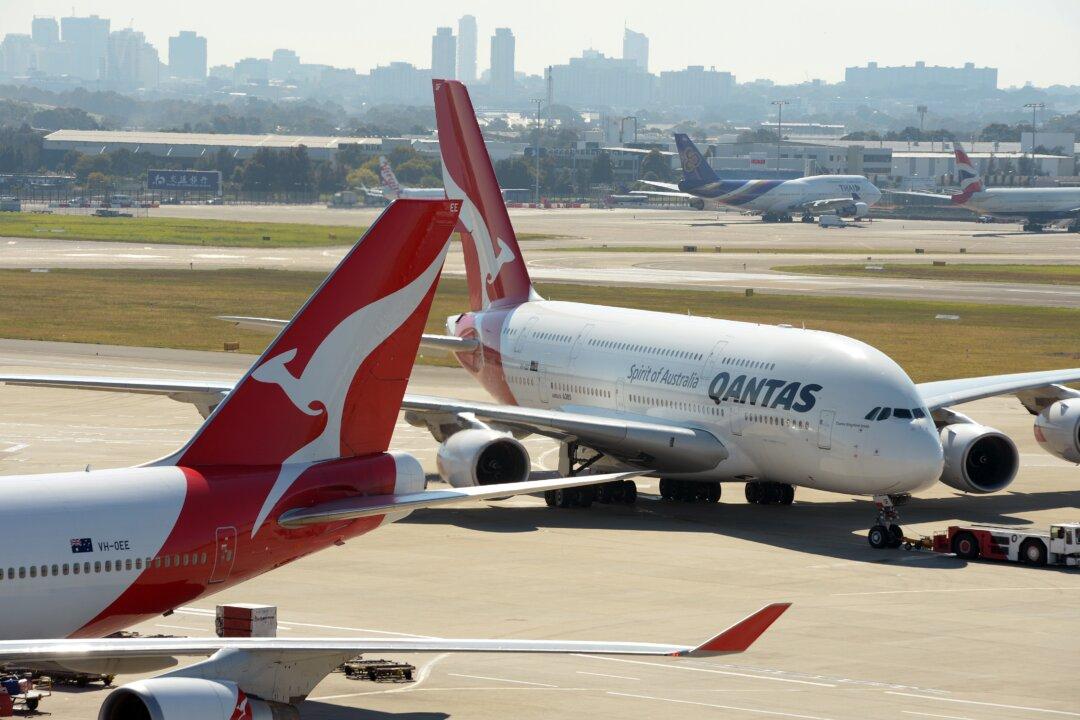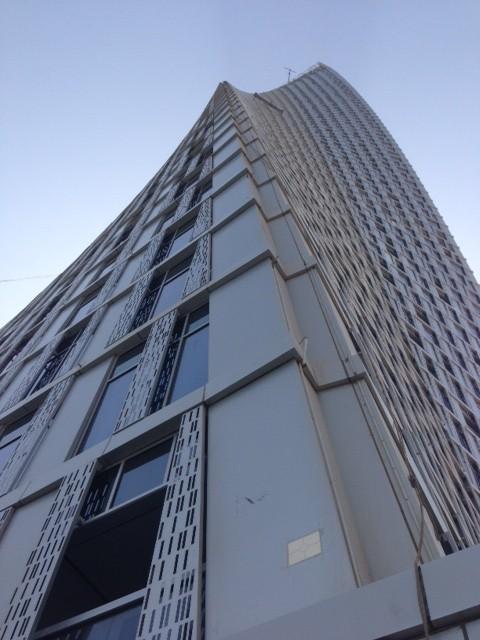DUBAI, United Arab Emirates—Iranian protesters stormed two British embassy buildings in Tehran, including the main embassy building and the official diplomatic residences in the north of the city. Rioters attacking the buildings shouted slogans like “death to England.”
Early reports suggested six diplomatic staff had been taken hostage, but by later in the day British authorities confirmed that all staff were safe and accounted for.
The attacks began early on Tuesday in central Tehran, when hundreds of Iranian attacked the main embassy building, setting fires and tearing down the British flag.
The raid comes two days after the Iranian Parliament enacted legislation to downgrade diplomatic relations with Britain.
The U.K.’s foreign ministry had said it is “outraged” by the attacks, but the Iranian government has denied a role in orchestrated them.
British Prime Minister David Cameron convened a special meeting of its crisis management committee on Tuesday afternoon.
A group called the Muslim Student Followers of the Supreme Leader, issued a statement—reportedly written in blood—to claim responsibility for the attacks.
It described the embassy as “another nest of spies” and said that the attack was specially timed to coincide with the first anniversary of the death of Majid Shahriari, a nuclear scientist who many claim was assassinated by the West.
“Our people are not prepared to be humiliated any more under any circumstances and prefer a red death to a condemned life of misery,” the statement said. “We are ready to be killed for our aims.”
An Iranian government official told Reuters that the attack was not an “organized measure.”
“The establishment had no role in it ... It was not planned,” the official said.
The attacks have echoes of the occupation of the U.S. Embassy in Tehran in 1979, when dozens of diplomats were held hostage for 444 days.
The Telegraph newspaper reported on Monday that Iranian MPs had suggested storming the embassy in a similar fashion to what happened in 1979.
“The British government should know that if they insist on their evil stances, the Iranian people will punch them in the month, exactly as happened against America’s den of spies,” Mehdi Kuchakzadeh, an MP, was quoted as saying.
Another legislator Mahmoud Bighash, told the parliament that the country’s stance “should be firmer and stronger against Britain.”
“Having relations with Britain, even with one representative, is a total betrayal and we should padlock the British embassy,” he was reported as saying.
Britain’s Foreign and Commonwealth Office issued a statement on Tuesday saying that it was aware of an “incursion” into the embassy.
“We are outraged by this,” the statement said. “It is utterly unacceptable and we condemn it.
“Under international law, including the Vienna Convention, the Iranian Government have a clear duty to protect diplomats and Embassies in their country and we expect them to act urgently to bring the situation under control and ensure the safety of our staff and security of our property.”
It comes after weeks of increasingly frosty relations with Britain. The Iranian Parliament voted on Sunday to expel the British ambassador, in retaliation for newly imposed sanctions on the country.
The U.K. government last week ordered all financial institutions to cut economic ties with Iran. The move came after a report by the International Atomic Energy Agency (IAEA), which suggested that Iran’s widely contested nuclear program had a possible military dimension.
The United States—which does not have an embassy in Iran—and Canada also imposed heavy sanctions against Iran in the wake of the report.





